Today, it’s easy to head down to IKEA or Nitori and buy yourself a relatively cheap piece of furniture that you can put together in a few hours. But it won’t have much in the way of history, energy, or, as Shinsaburo Shibuya, owner of the Akariya and Kanarusha antique stores, explains, soul.
If this is the case, then his shops are spiritual places indeed. They also feel a bit like walking into a historical library, if you know how to “read” the objects in the store. A Buddha statue from the Momoyama Period (1573–1603) stands in one corner of the room. On one wall, an Ainu-style kimono hangs next to an Edo Period (1603–1867) biwa (an instrument similar to a lute). And next to us, an elaborate metal bento set from the late Edo Period designed for hanami parties reminds us that things were done with a bit more class several centuries ago. Shibuya explains that his initial inspiration to begin collecting antiques sprang from a fascination with Japan’s past that began in grade school: “I wanted to begin finding pieces that represented the ideals of the different periods of Japanese history.” Most of the items that Shibuya sells are from the Edo Period, but he also has many items that date back even farther, including some pieces of 4000-year-old Jomon pottery; he also frequently loans pieces out to museums.
Shibuya finds the people who made and used these pieces just as intriguing as the time periods they come from. For example, the Edo Period class system went in descending rank—samurai, farmer, artisan, and merchant—and as he explained, the pieces made and used by these people were an embodiment of their values: “One example of this would be the objects that would belong to a samurai. Now, the duty of the samurai is to choose how he will die, and to constantly be aware of being prepared to die. Even in small ways, the objects that you possess will reflect that spirit. That might be an extreme example, but the mindset and philosophy behind each occupation, regardless of what it was, is there.” Every time Shibuya appraises a piece for the shop, he immediately begins to imagine the human perspective. In fact, it’s almost a reflex: “One of the things that I truly love is to think about the person who made a piece, or used that piece in their daily life. There’s almost no way that I can avoid it: it’s an occupational hazard!”
Someone new to antiques, however, is not likely to have this kind of awareness or sense of history, and the shops specialize in advising new customers as they make their purchase. The Kanarusha store in Fuchu, which is celebrating its 10th anniversary this year, has an extremely wide selection to choose from, including tansu (cabinets), pottery, or bamboo ware, which is seeing a boom in popularity right now. Kanarusha’s low prices make buying an antique even more accessible to new buyers, and Shibuya recommends one of two approaches for people who are looking to make their first antiques purchase. One is to do some studying before you buy, and think about the history and background of a piece. The other, more natural approach, would probably come a little easier to us: “Just choose something without thinking too much about it—ask yourself, ‘what would be cool, or really bring a new feeling to a room?’ Because what you buy will become part of your daily life, a small part of history that you can have in your home.”
This month, on May 24 and 25, the Kanarusha store in Fuchu will be having a sale. For more information, please visit their site at kanarusha.com/en/top.html
Kanarusha
1-26-4, Shiraitodai, Fuchu-shi, Tokyo, Japan
Hours: 10:00–18:00
Phone: 042-335-5253 | Fax: 042-335-5845
Email: [email protected]
kanarusha.com/en/top.html
Akariya
Yoyogi 4-8-1, Shibuya, Tokyo 151-0053
Hours: 11:00–19:00 (Closed Sundays and holidays)
Phone: 03-3465-5578 | Fax: 03-3465-5459
Email: [email protected]
www.trocadero.com/akariyaantiques/
Kanarusha, Japanese antique stores, buying Japanese antiques, Japanese tansu

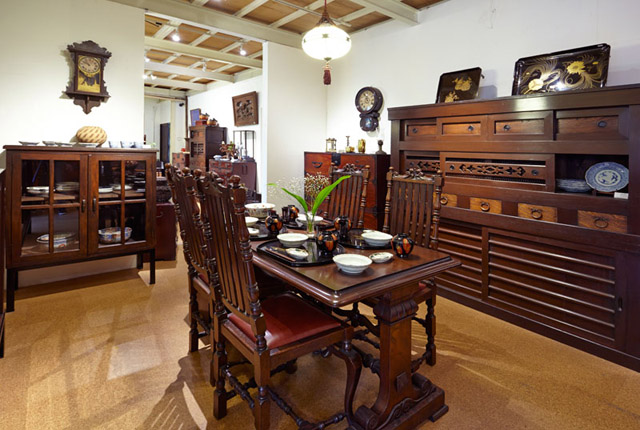
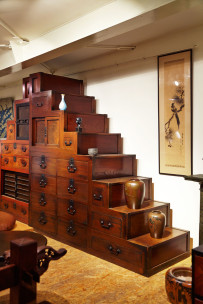
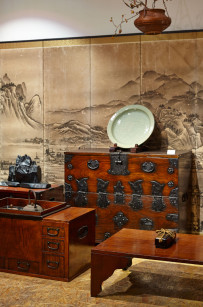
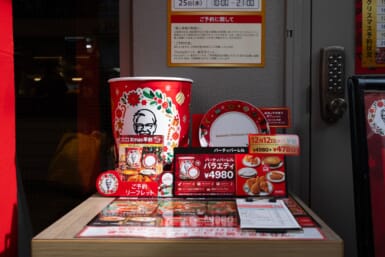

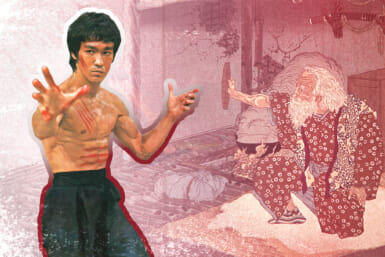



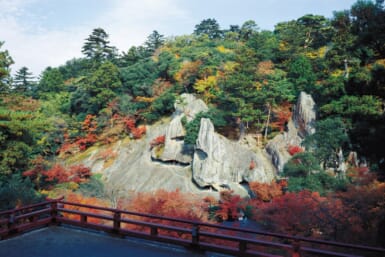
_KRAACH-クリスタルバスソルト-385x257.jpg)